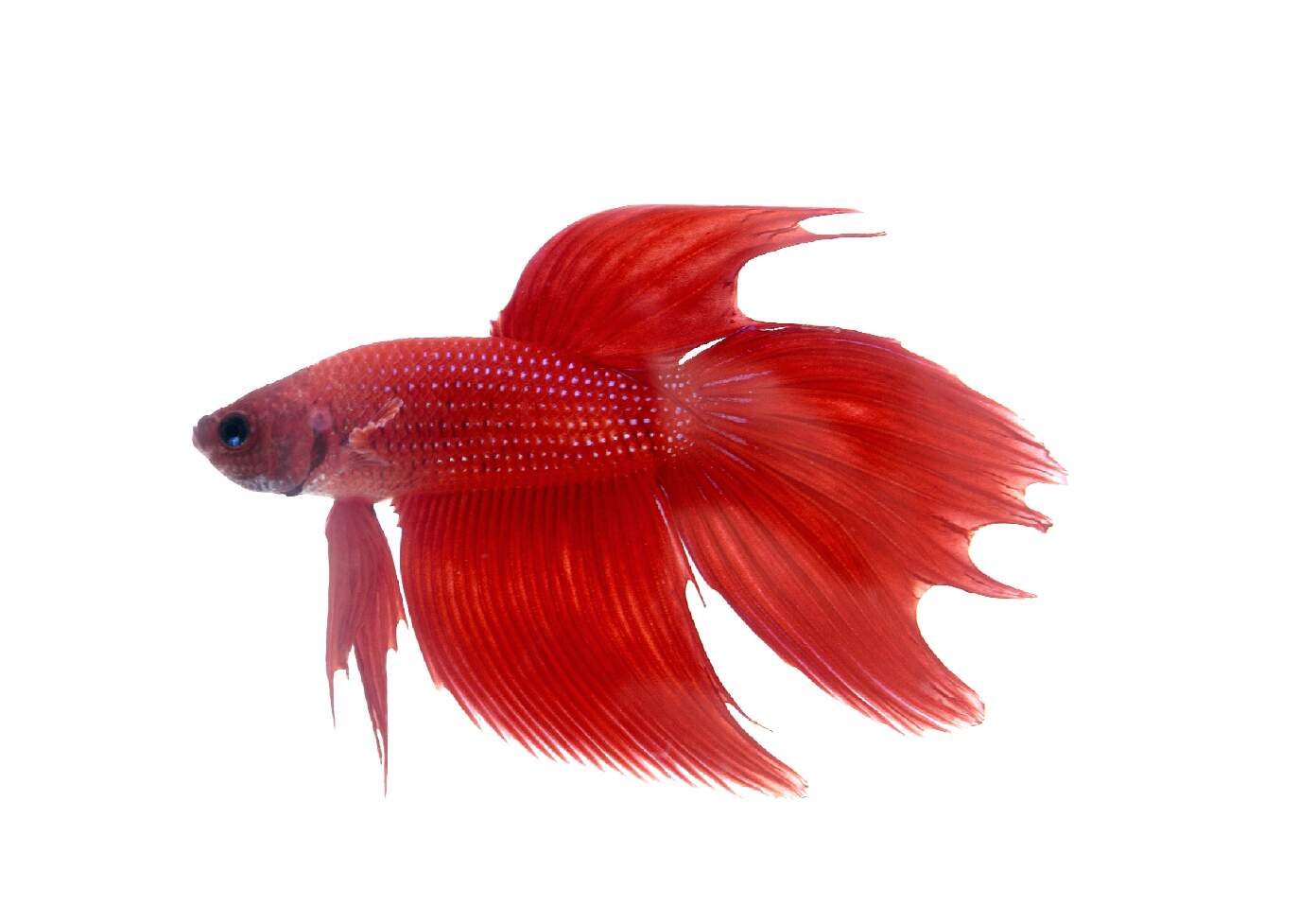Betta Fish Lifespan: Exactly How to Guarantee Your Betta Lives Longer
Betta Fish Lifespan: Exactly How to Guarantee Your Betta Lives Longer
Blog Article
The Ultimate Overview to Betta Fish Care: Vital Tips for Maintaining a Healthy and Successful Aquarium Environment
Effective Betta fish treatment necessitates a detailed understanding of their special ecological and physiological needs. Establishing an ideal aquarium starts with picking the right tank dimension and making certain optimal water conditions, which are vital for the health and wellness of your Betta.
Picking the Right Storage Tank
Selecting the appropriate container for your Betta fish is critical to ensuring its health and wellness and wellness. Bettas flourish in atmospheres that mimic their all-natural environments, which typically consist of tranquility, cozy waters. A container dimension of at the very least 5 gallons is recommended to give adequate swimming space, as smaller tanks can bring about stress and anxiety and wellness concerns for these dynamic fish.
When choosing a container, take into consideration the storage tank's shape and filtration system. A rectangle-shaped container is more suitable to a bowl, as it offers extra area for oxygen exchange. Additionally, a dependable purification system is vital to keep water top quality and decrease the regularity of water adjustments (betta fish). It's vital to choose a filter with a gentle circulation, as Bettas are not strong swimmers and might struggle versus solid currents.
Temperature policy is another vital element; Bettas prefer water temperatures between 76 ° F and 82 ° F. Investing in a good heating system will guarantee that the water remains within this variety, promoting a healthy and active way of living for your Betta. Last but not least, supplying ideal storage tank decorations and concealing areas will certainly assist decrease stress and urge natural actions, even more enhancing your Betta's wellness.
Preserving Water Quality
Keeping ideal water quality is essential for the wellness and longevity of Betta fish. This needs normal tracking of various specifications, consisting of temperature, pH, ammonia, nitrite, and nitrate levels. Bettas grow in temperature levels between 76 ° F and 82 ° F, so maintaining a secure temperature is vital. Unexpected fluctuations can bring about anxiety and health problem.
Routine testing utilizing a reputable water screening set can aid make sure these criteria continue to be within the proper varieties. Ammonia and nitrite degrees ought to constantly be at 0 ppm, as even reduced focus can be poisonous to Betta fish.
Normal water modifications are vital to keeping water top quality. It is advised to alter 25-50% of the tank water weekly, relying on the tank dimension and stocking levels. Utilizing a top quality water conditioner can assist get rid of harmful chemicals from faucet water, ensuring a secure setting. Furthermore, incorporating a durable filtering system can assist in preserving water clearness and quality, giving a much healthier habitat for your Betta fish.
Ideal Feeding Practices
Supplying a balanced diet plan is important for the health and dynamic pigmentation of Betta fish, as their dietary needs play a considerable role in their general health. Betta fish are carnivorous by nature, needing a diet high in protein. A mix of top notch pellets, icy or live foods such as bloodworms, salt water shrimp, and daphnia can provide the crucial nutrients they need.
Feed your Betta fish 2 to three times a day, offering only what they can eat within a couple of minutes to avoid overfeeding and keep water quality. Overfeeding can cause obesity and health and wellness concerns, consisting of swim bladder disease. It is vital to check their nutritional consumption and readjust section sizes appropriately.
Along with healthy protein, a well balanced diet ought to consist of vitamins and minerals to promote optimum wellness. Consider supplementing their diet with top quality flakes or pellets especially formulated for Betta fish, as these usually contain necessary additives.

Creating a Suitable Environment
:strip_icc()/how-long-do-bettas-live-1380782-hero-813aa5d34bab48cdb333edfe02471dad.jpg)
Water top quality is vital; keep a temperature level in between 76 ° F and 82 ° F, and guarantee the pH level ranges from 6 - betta fish.5 to 7.5. Regular water adjustments of 25-50% weekly will certainly help keep contaminants at bay and make sure a secure setting
Integrating plants and hiding spots is crucial, as Betta fish are naturally territorial and enjoy having locations to discover and pull back. Live or silk plants, in addition to caves and ornaments, can develop a revitalizing environment.

Routine Wellness Checkups
Carrying out normal health and wellness appointments is vital for making sure the wellness of Betta fish, as early discovery of prospective concerns can protect against significant health problems. These checkups ought to encompass a comprehensive exam of the fish's physical condition, actions, and ecological factors.
Begin by observing the Betta fish for any kind of signs of distress, such as lethargy, anorexia nervosa, or unusual swimming patterns. Additionally, check the fins and body for indicators of staining, lesions, or fin rot, which can show infections or bloodsuckers. Routinely monitoring the water top quality in the fish tank is equally critical; specifications such as pH, ammonia, nitrite, and nitrate levels should be preserved within optimum ranges to prevent stress and illness.
Additionally, take into consideration keeping a log of health monitorings and water quality examinations. This record can help with the recognition of fads or persisting concerns. If any problems are identified throughout the checkup, it is necessary to seek advice from a veterinarian experienced in water pets. Prompt intervention can make a significant distinction in the healing of your Betta fish, ensuring a long and healthy and balanced life in a well-maintained aquarium atmosphere.
Verdict
In final thought, effective Betta fish treatment pivots on producing and keeping an optimal fish This Site tank setting. By adhering to these standards, aquarists can advertise the health and vibrancy of Betta fish, inevitably resulting in a thriving marine ecological community.
Report this page